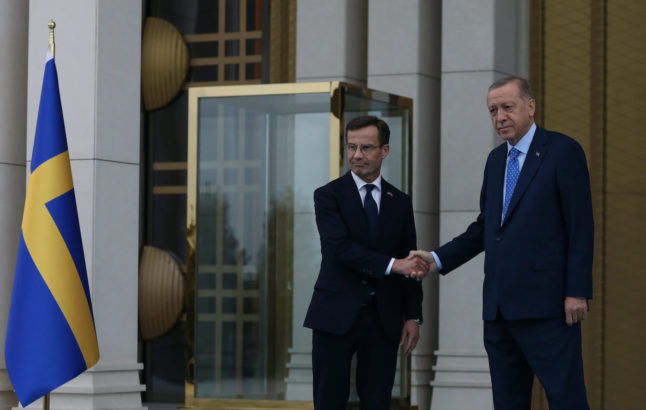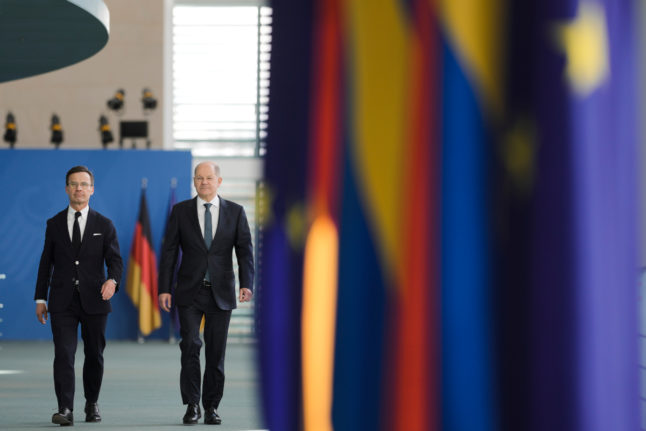Ankara has demanded that both Sweden and neighbouring Finland take tougher stances on Kurdish groups it deems “terrorists” in exchange for backing their Nato bids.
“The return of the PKK terrorist is a start showing (Sweden’s) sincerity,” Justice Minister Bekir Bozdag told state television TRT. “We hope new ones will follow,” he said.
Sweden on Friday extradited Mahmut Tat, who is wanted by Ankara for membership of the Kurdistan Workers’ Party (PKK), which is listed as a terror group by Turkey and its Western allies.
Tat, who was sentenced to more than six years in jail by a Turkish court, fled to Sweden in 2015 but was denied an asylum by the Swedish authorities. Tat was detained by Turkish police shortly after landing at Istanbul airport and jailed by an Istanbul court.
In the wake of Russia’s invasion of Ukraine, Finland and Sweden in May dropped decades of military non-alignment and applied to join Nato.
The bid needs unanimous approval from all Nato members. Turkey has held back on ratifying their Nato applications despite reaching an agreement with Sweden and Finland in June.
Among its demands on the Nordic nations, Ankara says it expects Stockholm in particular to take tougher action on issues including the extradition of criminals and the freezing of terror assets.
Hungary, the only other Nato member who has yet to ratify the applications, has promised to put the issue to a vote in parliament next year.



 Please whitelist us to continue reading.
Please whitelist us to continue reading.
Member comments